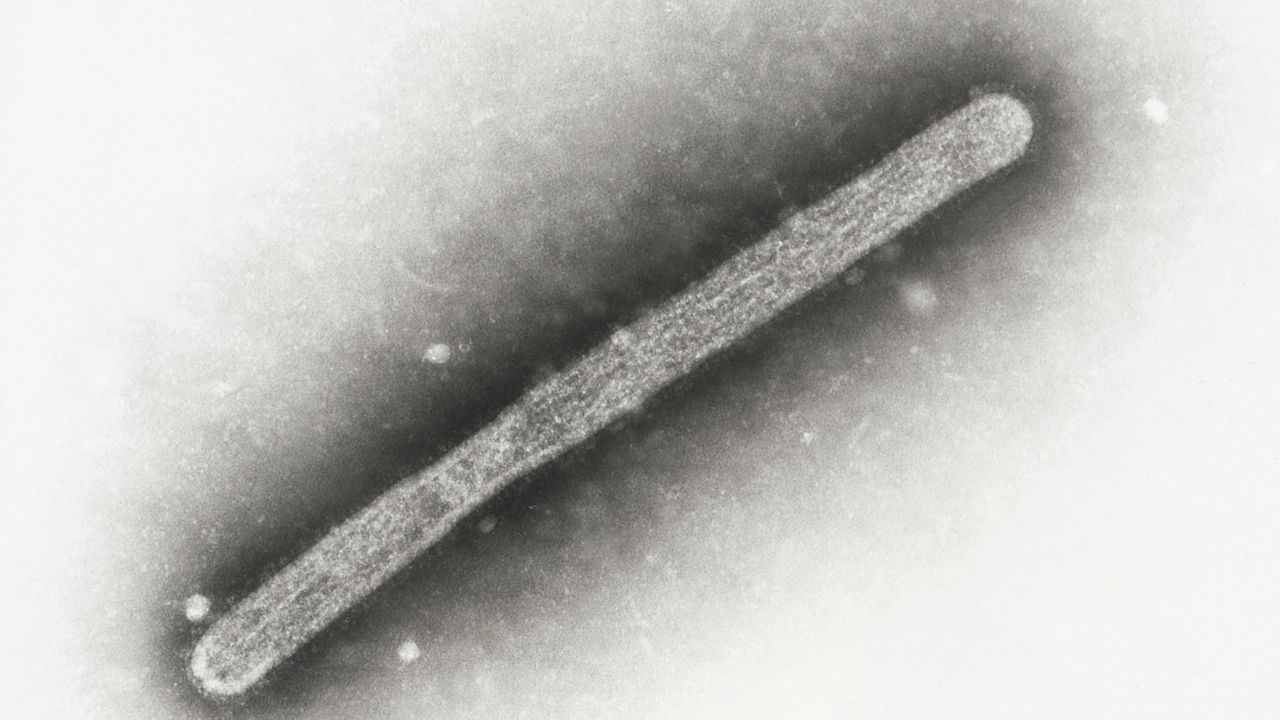BARRON COUNTY, Wis. — The Wisconsin Department of Health Services said it had detected on Wednesday what it presumed to be the first positive human case of bird flu, or Highly Pathogenic Avian Influenza (HPAI), in the state.
The Centers for Disease Control and Prevention (CDC) confirmed that case on Friday.
The case is in Barron County, where DHS said an infected flock of commercial poultry was identified. Officials said the person with the case had been exposed to that flock.
The state health organization said it identified the specific case based on testing at the Wisconsin State Lab of Hygiene.
Earlier on Wednesday, the CDC confirmed the United States’ first severe case of bird flu in Louisiana. That case was confirmed on last Friday, Dec. 13. Since April, there have been 61 reported human cases of the bird flu in the U.S.
For the Wisconsin case, DHS said, along with Barron County Health and Human Services, it will monitor farm workers who may have been exposed. The organization said it has also provided those farmers with information “to protect their health.”
Officials did say the overall risk of infection remains low to the general public at this time. However, DHS said those who work with or have recreational exposure to infected birds, poultry or cows have a higher risk of infection.
Bird flu has been in circulation among wild and domestic birds in North American since Dec. 2021. The virus is highly contagious and often fatal for poultry. It’s caused by influenza type A viruses and is spread by contact with infected birds, wild birds or their droppings, equipment or clothing worn by people working with animals.
Officials have said the virus is mainly still an animal health issue. There has been no documented spread between people.



